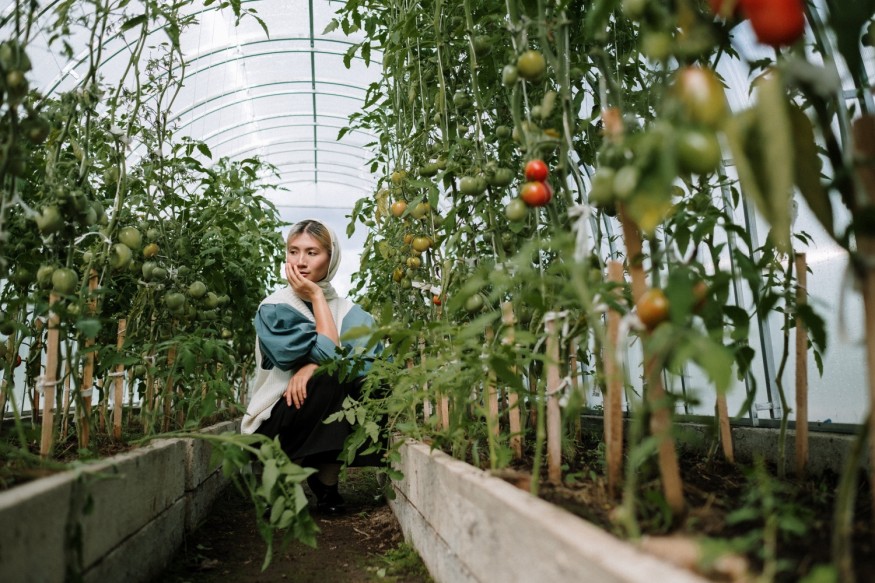Pesticides are chemical substances that remove unwanted organisms like insects, plants, rodents, and fungi. In public health, they are used to manage disease-carrying insects like mosquitoes, while in agriculture, they protect crops from being damaged by pests. But do pesticides in food harm our health?
Around the world, over 1,000 pesticides are used to prevent problems from destroying or harming food. A wide variety of physical and toxicological effects are associated with each pesticide. According to the World Health Organization, some older, less expensive (off-patent) pesticides, including dichlorodiphenyltrichloroethane (DDT) and lindane, have the ability to persist in soil and water for extended periods of time.
Countries that have ratified the Stockholm Convention from 2001, an international agreement that seeks to eliminate or restrict the manufacture and use of persistent organic pollutants, have legislated the prohibition of these chemical substances. However, a recent report from CNN stated that since they have yet to make enough progress in lowering the amount of pesticides in their products, the 17 largest food producers received an average grade of F.
High Pesticide Levels in 17 Food Manufacturer's Products

On Wednesday, Nov. 8, Cailin Dendas, the primary author of the report Pesticides in the Pantry: Transparency & Risk in Food Supply Chains, mentioned that numerous organizations establish shareholder-appealing pesticide reduction targets for 2025 and 2030. They are reportedly examining the extent to which businesses are making advances toward achieving those objectives and are unable to identify any substantial advancements.
Moreover, Jane Houlihan, research director for Healthy Babies, Bright Futures, a collaboration of charitable organizations, scientists, and donors to minimize babies' exposure to neurotoxic chemicals, asserted that it is disturbing to see such a high percentage of failing marks across the board for these significant food manufacturing enterprises.
She also mentioned that according to recent research, the highest concentrations of pesticides can be found in some of the most common fruits children consume, such as berries and apples. In addition, since pesticides can also be discovered in breast milk and blood drawn from the umbilical cord, this indicates that exposures begin before childbirth and persist through infancy and beyond.
Health Risks Caused By Pesticides
Humans are susceptible to the toxicity of pesticides; nevertheless, the level of toxicity is directly proportional to the pesticide's intended use. The quantity and concentration of the pesticide may also influence its impact. Additionally, the effects may vary depending on the route of administration: dermal contact, ingestion, or inhalation.
As per the projections provided by the Food and Drug Administration (FDA), approximately 48 million people fall ill each year due to consuming contaminated food. Medical News Today stated that consuming unwashed fruits and vegetables exposes the consumer to two primary dangers: bacterial infection and pesticide exposure.
As mentioned, even though pesticides enable farmers to harvest additional crops, they also cause a significant threat to human health. However, since so numerous agricultural products that are not being targeted are also being exposed to these chemicals, it might be difficult to avoid using pesticides. In addition, even after rinsing, nearly 70% of fruits and vegetables in the United States reportedly contain pesticide residue, according to the Environmental Working Group, a non-profit organization.
To keep up with the latest news on trending recipes, food safety, and more, follow Food World News!
© copyright 2024 Food World News, a property of HNGN Inc. All rights reserved. Use of this website constitutes acceptance of our terms and conditions of use and privacy policy.



